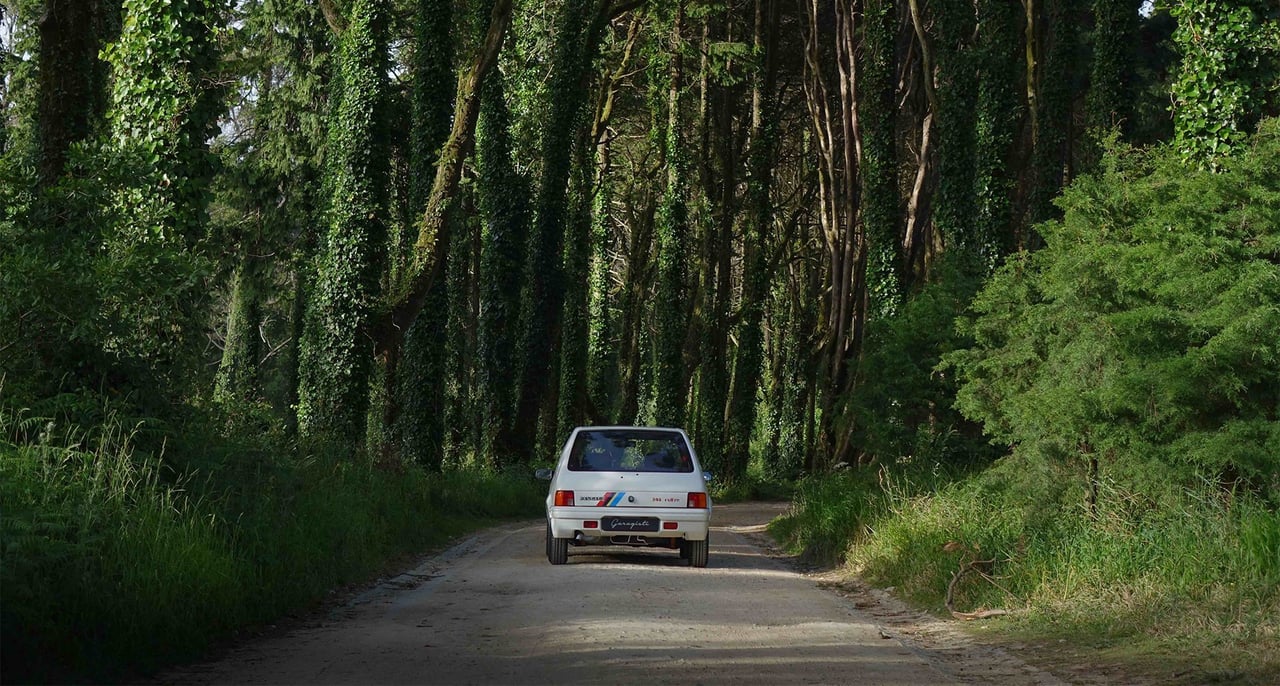
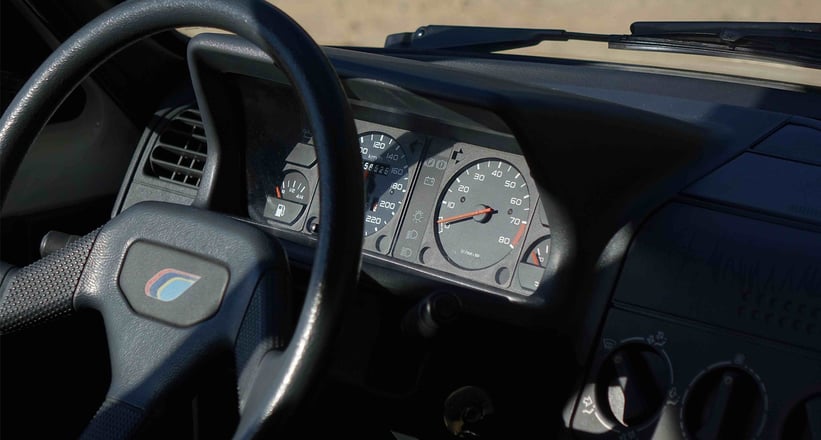

In a world where the once pint-sized hatchbacks from Ford, Peugeot and Renault are now longer and wider than an early Suffix Range Rover, it’s hard to imagine a time where the term ‘pocket rocket’ really meant something in the small car world. Many car makers joined in on the trend in the 1980s and 1990s, some became instant classics, but few did it quite like the Peugeot 205 Rallye.
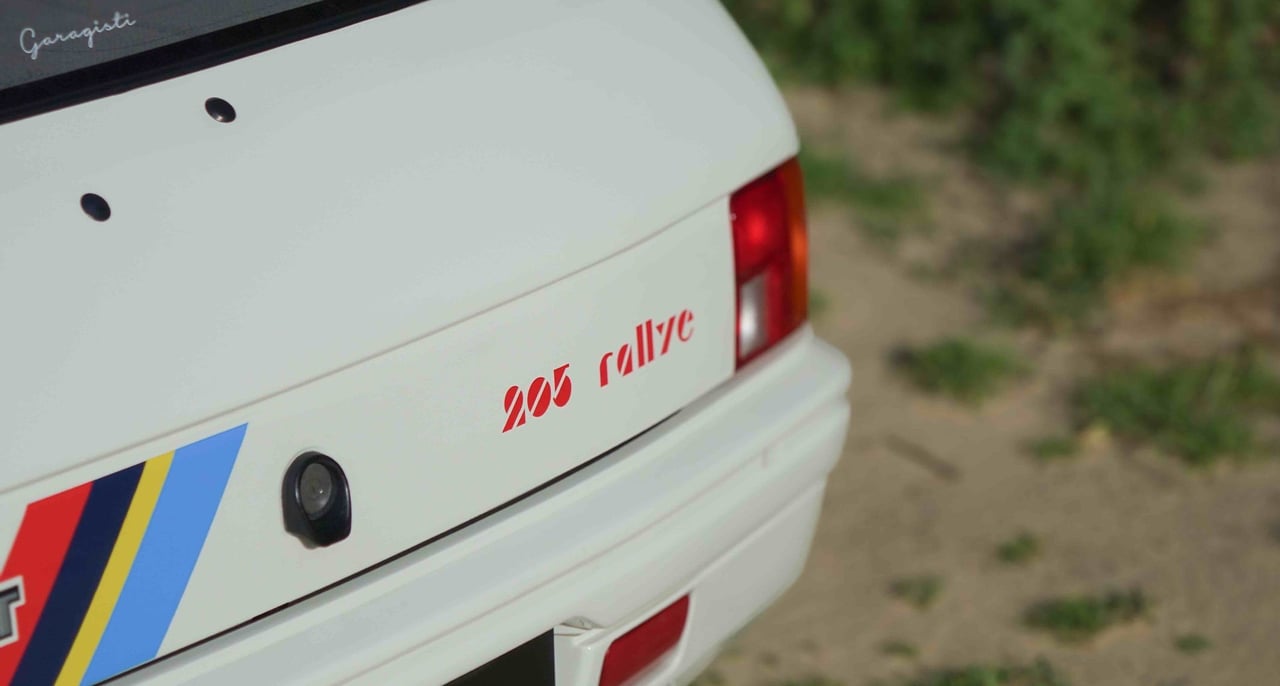
During the early 1980s, rallying was the motorsport to get involved in, and no other brand took it as seriously as Peugeot. After creating the T16, as well as a whole new racing division at Peugeot, they found themselves truly at the sharp end of the craziest competition of them all. Like many of us will know, 1986 became the year which saw Group B’s demise, due to the sheer number of accidents and intense danger the drivers and spectators faced. Peugeot, furious with the decision to cancel Group B, played no part in the 1987 rally season, but early in 1988 a plan was made to produce a Group A homologation special to contest the under 1300cc Group A category – and so the 205 Rallye was born.
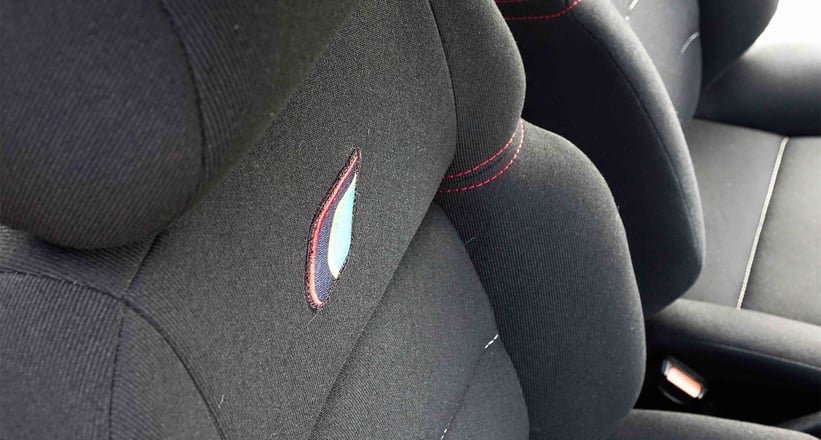

Despite looking like a far more subdued version of the T16, the 205 Rallye offered drivers a thoroughly enjoyable driving experience, one that many still regard as a treat today. Its 1.3-litre power unit may not sound like much, but it had been extensively reworked by Peugeot’s motorsport division, and became a transversely-mounted inline four with a single overhead camshaft, two valves per cylinder and wet-sump lubrication.
The Rallye was given a full exterior and interior makeover too, allowing passers-by to spot this special edition from even the busiest of streets. It was fitted with lightweight bumpers, a redesigned front apron with gaping air intakes, as well as re-shaped wheel-arch extenders. Of course, those now iconic racing stripes dotted around the car confirmed this was no ordinary 205.
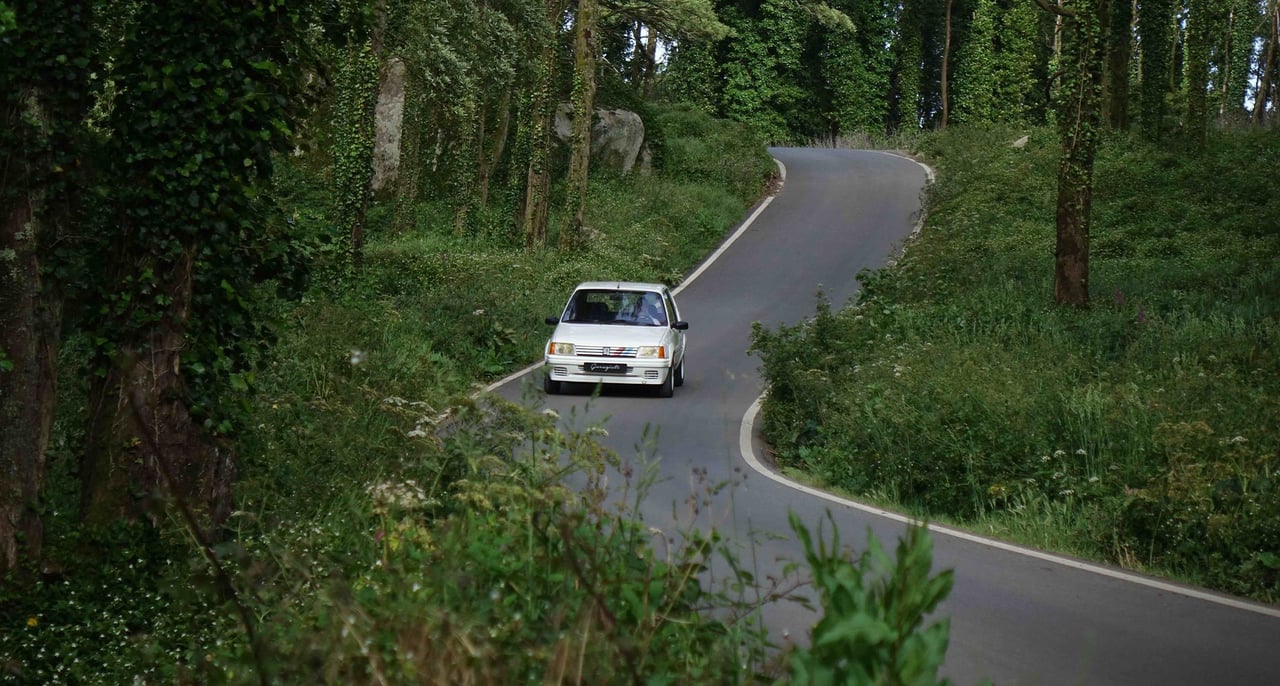
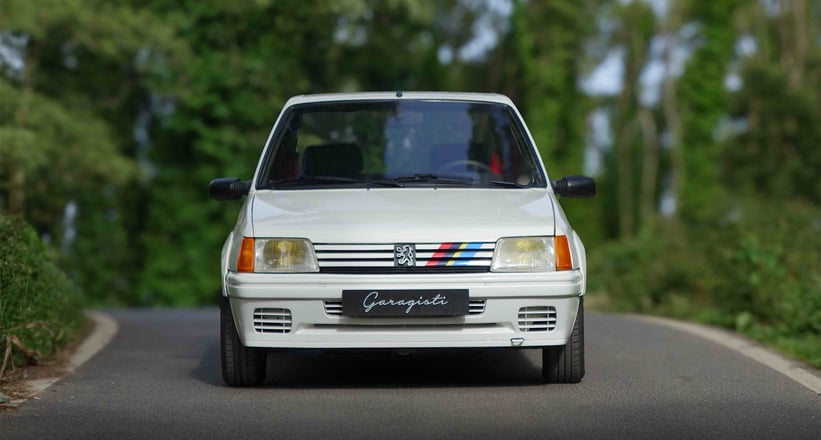

Inside the car was stripped of almost all sound deadening, and the standard specification consisted of no stereo, manual windows, and a pared down central control panel. The result is a car designed to be driven to its fullest. Sure, it’s not going to win any 0-62 mph drag races, but show the 205 Rallye some Monte Carlo style twists and turns, and there are few cars that will inspire confidence quite like this one. Despite being made in rather large numbers during their life span, the amount of Rallyes on today’s roads has dwindled, meaning examples such as this are becoming increasingly hard to come across!















